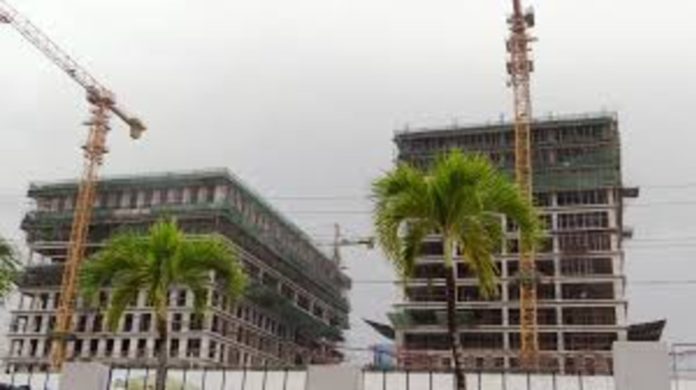The Bank of Ghana (BoG) has declined to reveal the full cost of its new head office building to Bawku Central Member of Parliament, Mahama Ayariga.
In response to Mr Ayariga’s request for detailed financial information regarding the construction project, the BoG directed him to the Public Procurement Authority (PPA) for further details.
According to the BoG, the decision to withhold the complete financial breakdown stems from procedural protocols that mandate such information be accessed through the PPA.
The BoG in a letter to the lawmaker emphasised that all procurement processes and financial transactions related to the new head office have been conducted in compliance with the established regulatory frameworks and oversight mechanisms.
“With the approval of the Public Procurement Authority (PPA), the BoG awarded a contract for the construction of a bank duty post, at the premises of the old BoG clinic.”
“The BoG went through the necessary procurement processes in accordance with the Public Procurement Act, 2003 (Act 663) as amended by the Public Procurement Amendment Act, 2016 (Act 914) in 2022. The cost and details of the construction may be obtained from the PPA,” an excerpt of the letter said.
Mahama Ayariga, who has been vocal about the need for transparency in government projects, expressed his dissatisfaction with the BoG’s response.
He argues that as a public institution, the BoG has an obligation to provide clear and detailed information about the expenditure on the new head office.
Mr Ayariga maintains that transparency is crucial to ensure accountability and public trust in the management of national resources.
The BoG’s new head office project has been a subject of public interest and scrutiny, with various stakeholders calling for greater disclosure of the project’s financial aspects.
The refusal to disclose the full cost directly has sparked further debate about the transparency and accountability of public institutions in Ghana.
READ ALSO:

